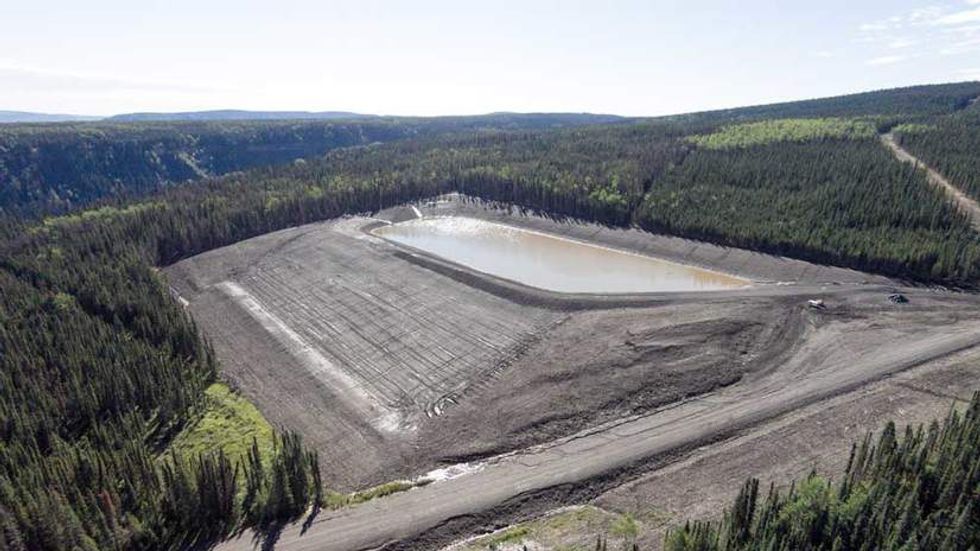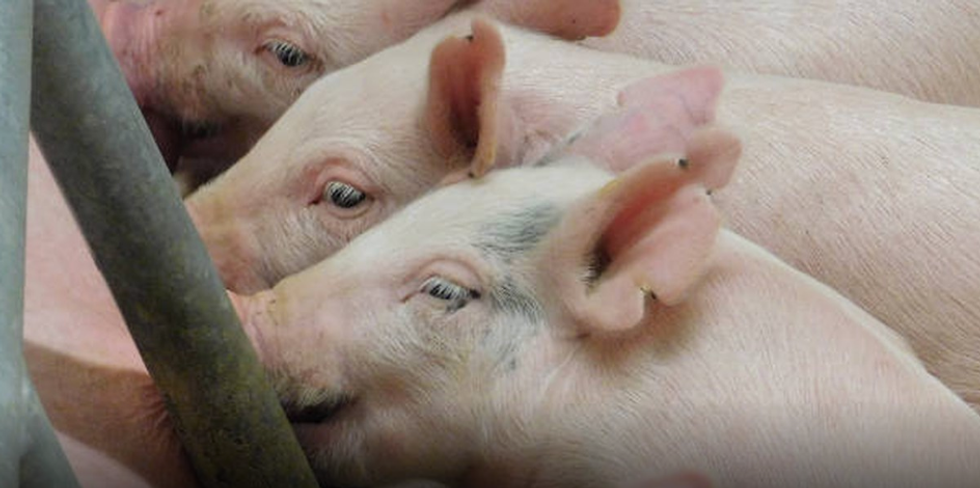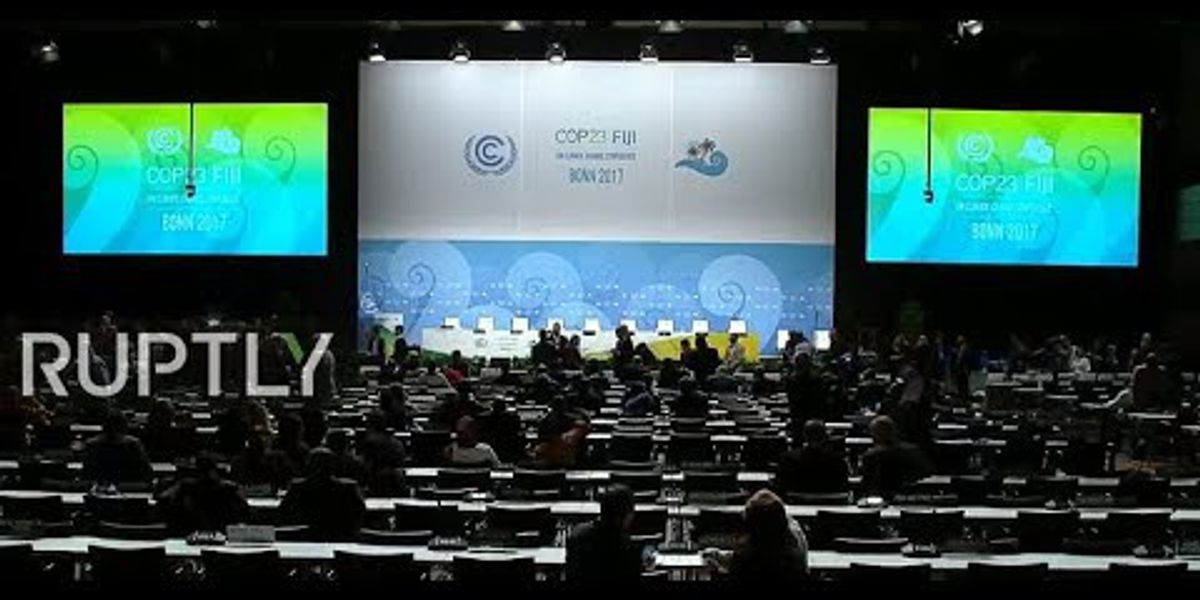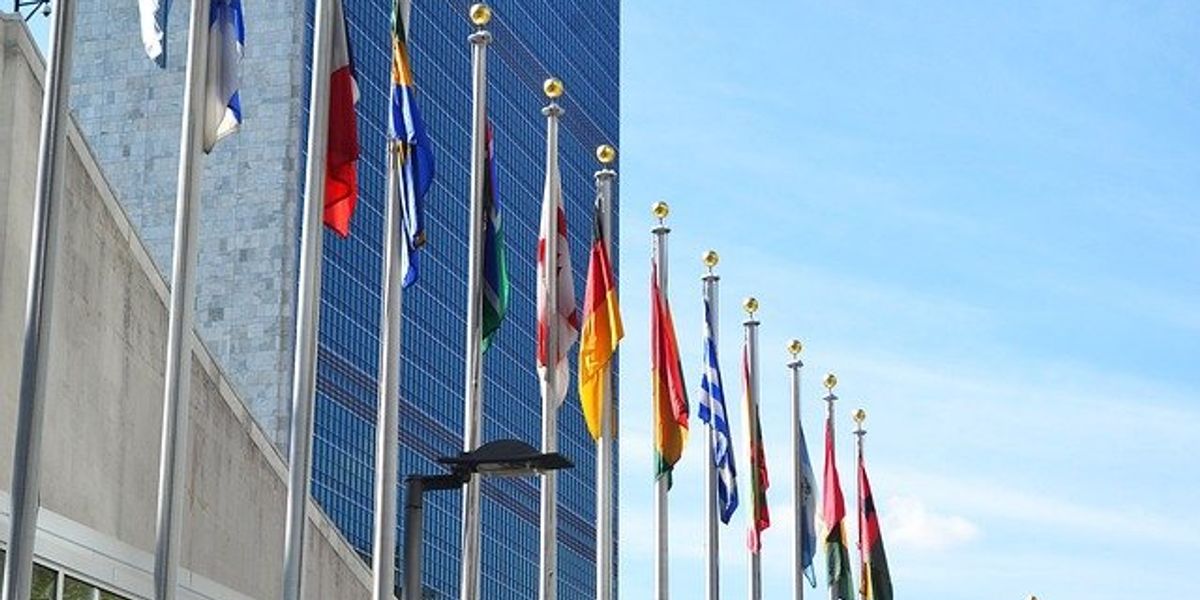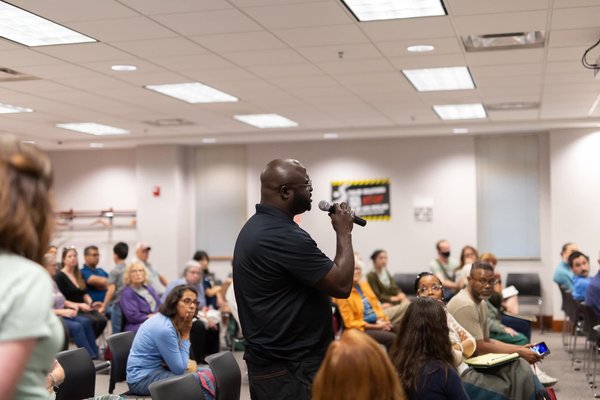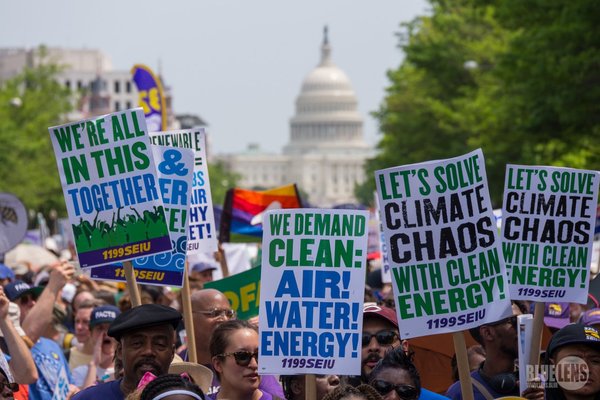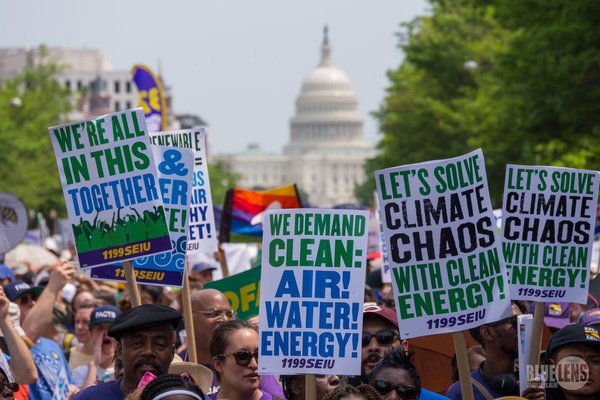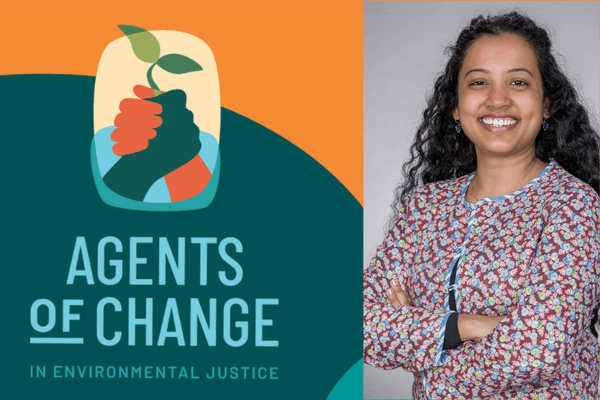The Agents of Change in Environmental Justice podcast is a biweekly podcast featuring the stories and big ideas from past and present fellows, as well as others in the field. You can see all of the past episodes here.
Transcript
Brian Bienkowski
Hello and welcome back to the Agents of Change in Environmental Justice podcast, a partnership between Environmental Health News and Columbia University's Mailman School of Public Health. I'm your host, Brian Bienkowski, editor at Agents of Change and senior editor at Environmental Health News. This podcast is designed to bring you the voices, stories and ideas of environmental justice leaders, and we're going to do that today too, but I'm actually joining you from outside at a picnic table near an old brick chimney fireplace at a tree-filled retreat center outside of Philadelphia. The Agents of Change team, along with different groups of fellows, have gathered here the past few years, and it's become familiar to me, the creaky floors in my room, the wood chipped pathways full of busy squirrels and the towering Eastern White Pines that remind me of my home in Michigan's Upper Peninsula. I've spent today hearing about policy intervention plans from our current group of fellows, how to make sure villagers near the chobei National Park in Africa are treated equitably as ecO-lodges and sport hunting grow, how to simultaneously tackle gentrification and the proliferation of micro plastics, how to bring down energy costs in the Atlanta neighborhoods that need it most. It's heavy work, but we've spent just as much time laughing, connecting, hugging and sharing meals and too much coffee for someone who works from home, these trips are re energizing and only reinforce the need for human connection. It's amazing what happens when you put smart, motivated people in a room together. I wanted to take this opportunity to hear from the Agents of Change team reflecting on what we've learned and what we're looking forward to. I also wanted to take this opportunity to say that this will be my last podcast. After 13 years as a reporter and editor at Environmental Health News and nearly five years as the editor of Agents of Change, I am signing off, folks. I am filled with gratitude for my time here, I was able to work on so many projects that I truly believed in, and work with so many dedicated, kind people. It's a bittersweet departure. While I'm sad to leave my colleagues, I will be joining American Forests in their tree equity program, getting back to my roots of environmental interest in trees and forest, the reason I got into this in the first place. I'm excited to have an acute focus on forest protection and to advocate for green space and tree access. Many of the podcast conversations and essays that I worked on here at Agents of Change touched on this inequity in green space access, and I'm thrilled to take what I've learned from these fellows and put it to work in the real world. Over the past five years, I've learned a lot, but this program has reaffirmed for me the power and beauty of storytelling. While the podcast will be taking a break after this episode, the Agents of Change in Environmental Justice program continues and its storytelling will continue as well. I'm excited to see how the program grows and evolves with this gift of in person, time with friends, new and old, I sat down with my fellow leaders of the Agents of Change team. I wanted to know five years into the program, what other people have learned from training, mentoring and working with dozens of early career environmental justice scholars. Enjoy.
Veena Singla
Hi, it's Veena Singla here. I'm on the leadership team of Agents of Change, and something I learn every year is how much the fellows have to teach me, even though I'm here to provide them guidance in science communication and policy translation, I'm constantly learning from them about their work and how they are infusing equity and engaging with communities in really unique and different ways. So I appreciate how much we teach and learn from each other, and something that I'm really excited to continue researching and advocacy on in the next year is this idea of so called chemical recycling of plastics, which is being really pushed for by the plastics industry as a supposed solution to plastics pollution crisis, and in reality, is just a very polluting technology that does very little to recycle plastic or or solve the crisis. So I'm wanting to provide a lot more data and information to communities and decision makers about so called chemical recycling and advocate for better and real solutions like reducing plastic production.
Maria Paula Rubiano
Hi, this is Maria Paula Rubiano. I am an assistant editor here at Agents of Change and Environmental Health News. And you know, since. Since I started, I think two years ago, what has surprised me the most by working with the fellows is just the nuance and the diversity of questions that researchers are asking themselves in the environmental justice and environmental health space. You know, I had been a reporter for six or seven years before coming to EHN and Agents of Change and just learning how young researchers are asking sort of questions that I had never asked myself as a journalist and I didn't see reflected in the kinds of of journalism stories that I worked on is really exciting, and it's exciting to be putting those ideas out there. And what I think it's going to be exciting for next year is just, I don't know, I feel like there's this momentum building in public opinion and also in research and policy decisions towards regulating plastics and plastic pollution. You know, I know there's a lot of opposition from industry, but I feel like, you know, just regular people are more aware of how complicated solving the plastic issue is. It's not about just recycling. That's just like not cutting it and not going to be enough. And I feel like more and more people are realizing that, and so keep building and contributing to these conversations on the petrochemical industry and regulating plastics. It's very exciting for me as an editor and journalist.
Max Aung
Hey there. This is Max Aung. I'm the assistant director and part of the leadership team program. And, you know, something really cool that I've been learning recently, especially with this cohort, is that while all the fellows have such a deep connection to the focus areas that they're working on, we've learned about all of the different perspectives that they bring to the table through their communication and partnerships with local organizations as well as policy makers. So it's been really interesting to learn about how all of those different perspectives have played such a critical role in the way they think about applying their research to inform policy. And for me, going forward, something I'm really excited about, you know, continuing to do advocacy and research on in terms of environmental justice is on access to clean water and sustainable water systems across the US. And you know, that's something that I've been doing research on, particularly with exposure assessment to environmental chemical pollution. So I'm really hopeful that we can continue this work and ensure healthy access to clean water.
Yoshira Ornelas Van Horne
Hi everyone. This is Yoshi. I'm also on the senior leadership team with Agents of Change in environmental justice. I think one of the great things that I've learned over the years is just how even with one topic or range of topics in environmental justice, so many people can just come at it from different angles, and there's always just so many different subcategories, the definition and the ways that the fellows have been able to integrate both the science, but also their community partnerships and now them working on the policy analysis to actually enact change has been a really wonderful experience to see both them grow, but also the program in its new directions. I think, personally, for one issue in the area of environmental justice, that I'm looking forward to working in the next year is actually a project with Ami and Rise Saint James out in Louisiana. So we're working with community partner out there to do some extensive research and community-based research on exposures to petrochemical industries in the St James Parish. So I think that's one of the projects that we're that we're very excited about to continue growing, but also make some headway in the fight towards petrochemicals.
Lariah Edwards
Hi, this is Lariah Edwards. I'm also on the senior leadership team for Agents of Change in environmental justice. I think one thing that I have learned during my time in this program is how how important is to think critically about new environmental health and justice solutions. The fellows have really shown me that, you know, a new solution may be great, but thinking about who's actually being protected and who's being forgotten, the fellows show me, year after year, how passionate and determined they are to make sure community does not get left behind or forgotten when these new solutions roll out. And I absolutely love that, and I learn so much every single time. And an issue that I hope to follow in the new year, I hope to continue to generate science around relaxers and the chemicals of concern that are in them, in the hopes that that work can reinvigorate and kind of re-excite FDA to think about regulating some of these chemicals and relaxers and other hair products that predominantly impact women of color. So I hope to keep pushing policy-relevant science in the upcoming year about these chemicals and personal care products.
Samar Ahmad
I'm Samar Ahmad and I'm program manager for the Agents of Change in Environmental Justice program. Something that I've been surprised from my time with the Agents of Change program are the profound connections that develop throughout this fellowship, despite meeting only once or twice a year, our fellows have made lasting friendships and really meaningful bonds, which have led to collaborations, both within and beyond the environmental justice space and as a program manager and the person who plans and leads the in person retreats, this is incredibly rewarding to see. An environmental issue that I'm excited is being discussed is extreme heat. I think that this is an issue that scientists in the field have been talking about for a long time, but maybe has not been taken seriously by mainstream media, and the fact that is now getting coverage and press in big news outlets and journals, I think is really important, especially in terms of making policy changes that will eventually help to reduce the temperature of our Earth.
Emily Weaver
Hi, my name is Emily Weaver, and I'm a program associate with Agents of Change. Something that surprised me about the Agents of Change fellowship is the sheer amount of connection that happens at the retreats. Just everyone I've talked to, and all the fellows that I meet, I feel like I can find something in common, even if we come from different disciplines, different backgrounds, different parts of the world, which I think is a super cool form of connection as we all have this, like, shared interest in environmental justice and an environmental issue. I'm excited to follow our environmental determinants of cancer and environmental health exposures. I'm working on a project right now through Columbia in Cancer Alley in Louisiana, and that's something that I'm excited for. Just it's like getting a lot of attention. I read an article in The New York Times earlier today just talking about personal care product use and how that could possibly be linked to rising cancer rates in people under 40. But I'm just generally happy this is like being talked about more and excited to do more research in this area.
Dr. Ami Zota
Hello. I'm Dr Ami Zota, and I'm the founder and director of the Agents of Change in Environmental Justice program. One thing I've learned is in a surprising, or pleasantly surprising way, from this program is truly the power of the collective, both in terms of the collective power of bringing all of these truly creative, brilliant and inspiring young scholars from marginalized backgrounds together and just that collective force. I've also learned a lot from our growing leadership team for the program, their heart and creativity. Creativity and hard work really continues to make the program impactful, new, exciting and worth watching. Something I'm looking forward to in the environmental, health and justice space, really, lots of things to look forward to. I'm looking forward to seeing sort of how media, advocacy, policy and research combined forces to on the petrochemicals and plastics front, there's a lot of exciting work happening, really at the intersections of these different sectors. I'm also excited to keep advancing the quest for Beauty justice, with some new and exciting projects that are under wraps. So stay tuned.

